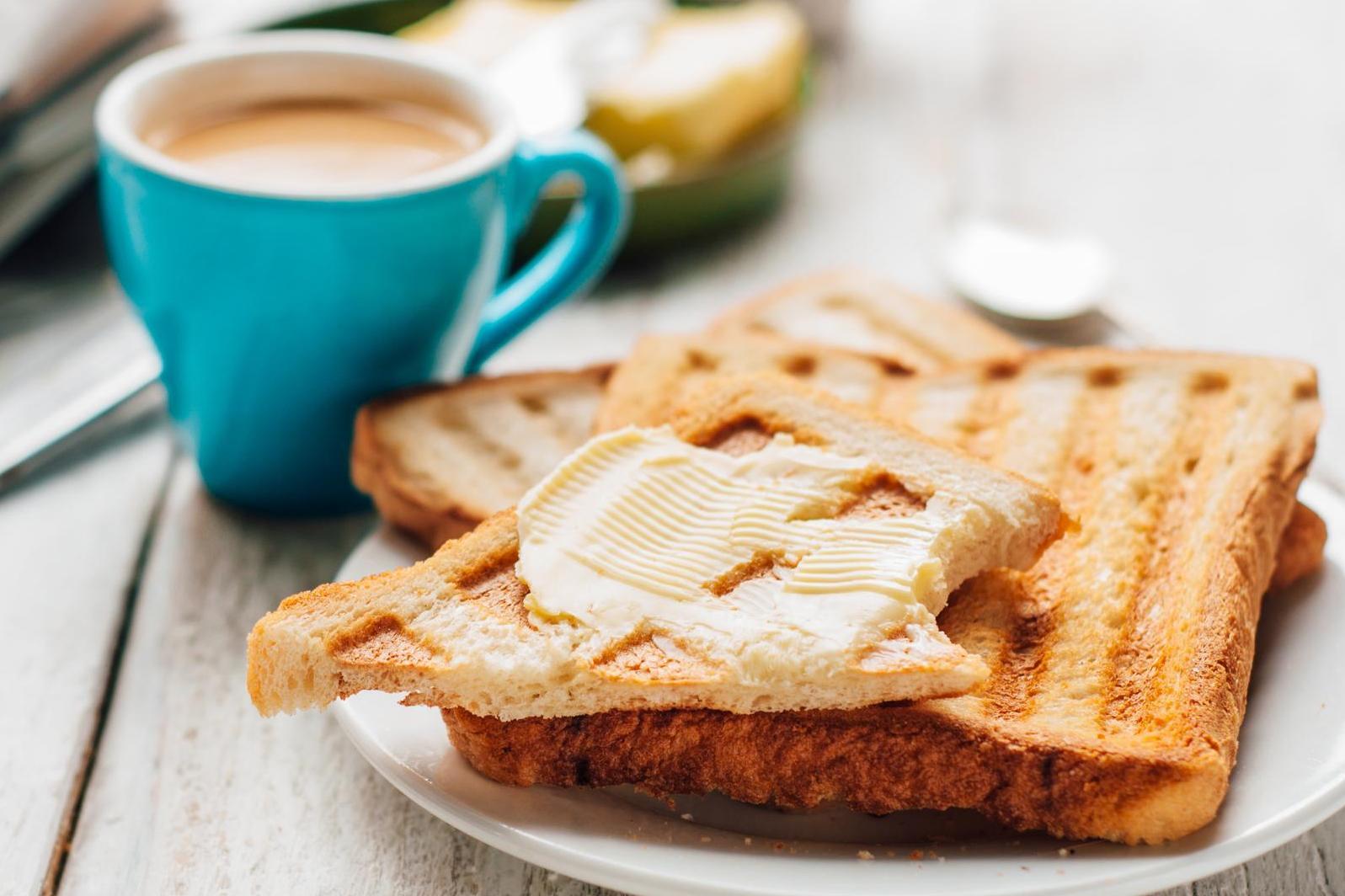Scientists closer to making bread with ‘low cancer-causing risk’ when toasted
The British researchers’ wheat gene-editing experiment will be the first of its kind in Europe

Scientists are allowed to grow the UK’s first wheat that is expected to almost eliminate the risk of a compound, that they say “probably” causes cancer, from being produced when the bread is toasted.
Agricultural experiment institute Rothamsted Research has announced that its application to run a series of field trials had been approved by the Department of Environment, Food and Rural Affairs (Defra).
The CRISPR-edited wheat experiment – the first in the whole of Europe – will start at the Hertfordshire-based research institute this autumn.
The field trials have been allowed by the government following the UK’s exit from the European Union, as the bloc has treated gene-editing (GE) the same as genetic modification (GM).
The scientists have been using GE to develop a wheat with reduced levels of the naturally occurring amino acid asparagine, which converts to the carcinogenic acrylamide when bread is toasted, fried, or baked.
Acrylamide has been proven to cause cancer in rats and mice, and the scientists say it is considered a likely carcinogenic in humans.
However, Cancer Research UK says that “studies in people have not shown that eating more foods higher in acrylamide increases cancer risk.”
The amount of acrylamide in bread is relatively low, but it increases by a number of times when bread is toasted. The same applies to some other starchy foods, such as chips, crisps and roasted potatoes.
The researchers reduced the risk of the acrylamide being developed in bread during baking and toasting by taking out the asparagine synthetase gene, TaASN2, from the wheat’s DNA.
Asparagine concentrations in the GE wheat were substantially reduced compared with unedited plants, with one line showing a more than 90 per cent reduction, according to project scientist Dr Sarah Raffan, as reported by Farmers Weekly.
Project leader Professor Nigel Halford has said: “Acrylamide has been a very serious problem for food manufacturers since being discovered in food in 2002.
“It causes cancer in rodents and is considered ‘probably carcinogenic’ for humans.”
Over five years, the GE wheat will be planted each autumn and harvested the following September.
Defra secretary George Eustice launched a government consultation on the future of GE at the virtual Oxford Farming Conference in January. The outcome is expected to be announced by the end of this year.
Mr Eustice said the UK was now free to make its own decisions based on GE science, and he signalled plans to move away from EU restrictions that treat GE the same as GM.
Unlike GM, GE organisms do not contain DNA from different species, Mr Eustice said, as they only involve changes that could have been made using traditional breeding methods.
Professor Robin May, the Food Standards Agency’s chief scientific advisor, has said that the authority would continue to apply strict controls on GE crops, seeds and food.
Regulatory authorities in Japan declared in 2019 that GE food will be classed as similar to food created by conventional methods. Australia does not regulate GE, provided that the process inserts no DNA.
GE soybean oil and canola oil has been available in the US since 2018 and 2019 respectively.
Subscribe to Independent Premium to bookmark this article
Want to bookmark your favourite articles and stories to read or reference later? Start your Independent Premium subscription today.

Join our commenting forum
Join thought-provoking conversations, follow other Independent readers and see their replies